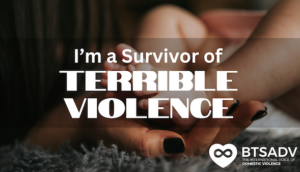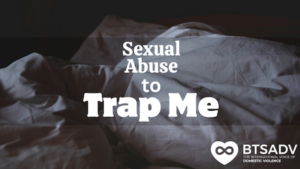Protecting yourself and your loved ones from online human trafficking is of utmost importance. Human trafficking is a serious issue that requires vigilance and knowledge. Here are some tips to help ensure your safety online:
- Be cautious with personal information:
- Avoid sharing sensitive personal details such as your address, phone number, birthday, and daily routine on public forums or social media platforms.
- Selectively share information online and adjust your privacy settings on social media to limit access to your personal details.
- Educate yourself:
- Learn about common tactics used by human traffickers online, such as grooming and manipulation. Awareness is key to recognizing potential threats.
- Use strong passwords:
- Create complex passwords for your online accounts to reduce the risk of unauthorized access. Use a combination of letters, numbers, and symbols.
- Enable two-factor authentication (2FA):
- Activate 2FA whenever possible to add an extra layer of security to your accounts. This typically involves receiving a code on your phone or email in addition to entering your password.
- Be cautious with online relationships:
- Approach online relationships with skepticism, especially if they progress rapidly or involve requests for personal information or explicit content.
- Verify the identity of individuals before sharing personal details and limit photo access to friends and family on your social media profiles.
- Report suspicious activity:
- If you encounter any suspicious behavior online or suspect someone is being trafficked, report it to the relevant authorities or a hotline in your country. In the United States, you can contact the National Human Trafficking Hotline at 1-888-373-7888.
- Stay informed about current scams:
- Keep yourself updated on common online scams and tactics used by traffickers. Awareness will help you recognize and avoid potential threats.
- Use reputable websites and apps:
- Stick to well-known and reputable websites and apps. Be cautious when using lesser-known platforms, especially if they lack proper security measures.
- Trust your instincts:
- If something feels off or uncomfortable, trust your instincts and take steps to protect yourself. It’s better to be cautious than to ignore warning signs.
Remember that there are individuals who will attempt to gain your trust and information. Always take precautions when using social media sites and implement all available security measures. If you plan to meet someone you don’t know, bring a companion and carry a means of protection. Various social media platforms have individuals and groups attempting to lure women and children out of their homes, especially if you’ve shared too much personal information.
Online safety is an ongoing process, and staying informed is crucial for protecting yourself and others from potential risks. If in doubt, seek guidance from law enforcement or trusted authorities.










